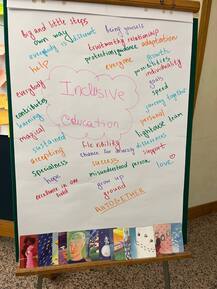 Dealing with special educational needs and disabilities in learning environments is not always simple. Teachers and educators have the opportunity to realize how important it is to develop good strategies of inclusion in their classrooms everyday, in order to provide all of their students with the same opportunities to learn and to make experiences at the same level. But there are some useful methods and strategies that can support teachers in their daily hard work to built the perfect inclusive classroom. The latter edition of the course “Special needs and inclusive education, the Italian experience of overcoming segregation” took place in Palermo from 09/10/2022 to 15/10/2022. The participants came from all across Europe, with Bettina Müßig from IGS Mainz-Bretzenheim in Germany, Jennie Arvidsson and Lina Mehlin Södervall from Rutsborgskolan in Sweden, Dace Vilemsone, Ligita Dambe, Liene Berga and Marta Stivrina from Preschool Vilnitis in Latvia, Violėta Deksnienė and Rasa Tūskaitė from Rokiskis nursery and kindergarten "Varpelis" in Lithuania, Caroline Zimmer, Joke Denayer and Tatiana Blauwaert from GO!Scholengroep UN!K in Belgium and Kerstin emisch, Christine Jücker and Tobias Lessmann from Overbergschule selm in Germany. 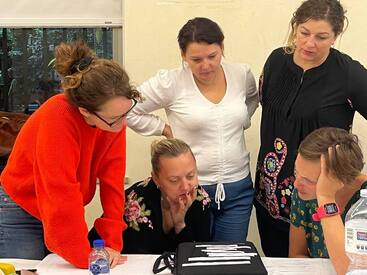 On the first day, the participants had the opportunity to reflect on the terminology linked to the inclusive matter, also sharing their own definitions and opinions about the main theme of inclusion, relating to the involvement of disabilities in their own educational environments and workplaces. The large number of participants in this group was an additional resource for our sharing moments, especially on our second day together, in which every participant both alone or with their colleagues showed us a presentation about the strategies adopted and developped in their schools in order to increase inclusion and to deal with disabilities. 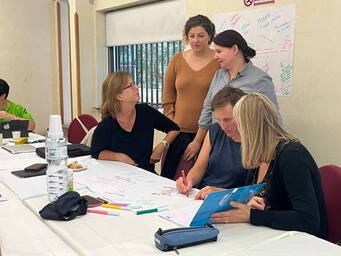 The group also had the opportunity to explore the features of inclusion methods in the “Italian model”, getting in a closer contact with the italian educational system and the role of Support Teachers in particular. But the main focus was the importance of personalized programs for education and the staff involved in the multidisciplinary operation group, that organizes inclusive methods for each classroom with special needs. Participants also explored the consequences of membership in the social field of the learning environments, analyzing how beliefs and behaviour related to stereotypes and prejudices affect relationships in the classroom, and especially how the language used by teachers influence the mindset of the pupils. In this respect, it’s important to develop awareness towards the right distinction between empathy and sympathy and the building of the right mindset focused on growth, to increase comprehension but in a healthy and constructive way. We also gave the right importance to the relationship with parents and tutors, focusing on communication, to better understand how these important figures, together with the teacher, influence the whole educational process. 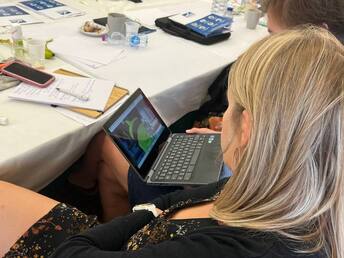 On our last day together we had another important moment of sharing, focused on practical strategies aiming to help pupils with special needs to enjoy classes as much as their classmates, overcoming all differences and difficulties linked to disabilities. Participants experienced the educational process differentiated by format and methods through the “Learning stations”, which also involve the multi-sensory approach in learning. Our group was varied and full of different characteristics, which enriched our experience together and gave us awareness of how inclusion is experienced in various parts of Europe, also according to individual contexts.
Discover more about this course here |
Welcome to the ELA Blog. Here you will find articles and photos of our courses and have a look at the topics addressed during the week in Bologna, Palermo and Tenerife. You will also have the chance to take a peek at our projects and check out what we have been up to.
Archives
July 2024
Categories |
-
Course catalogue
- 2023-2024 course catalogue
- Soft Skills >
- ICT and New Technologies >
- Inclusion and Diversity >
-
Innovative Teaching Methods
>
- Innovative teaching methods discovery
- Non-formal education teaching methods
- Dual education and work-based learning
- Teaching leadership and entrepreneurship
- Project based learning
- Game based learning and gamification
- Green skills
- Outdoor education
- Outdoor education trekking edition
- Promoting creativity and critical thinking
- Languages and EU projects >
- Preschool >
- Erasmus Plus KA1
- What we do
- About us
- Locations
- Blog
- Contact us
 English
English български
български Čeština
Čeština Español
Español Français
Français ελληνικά
ελληνικά Italiano
Italiano Polski
Polski Português
Português Română
Română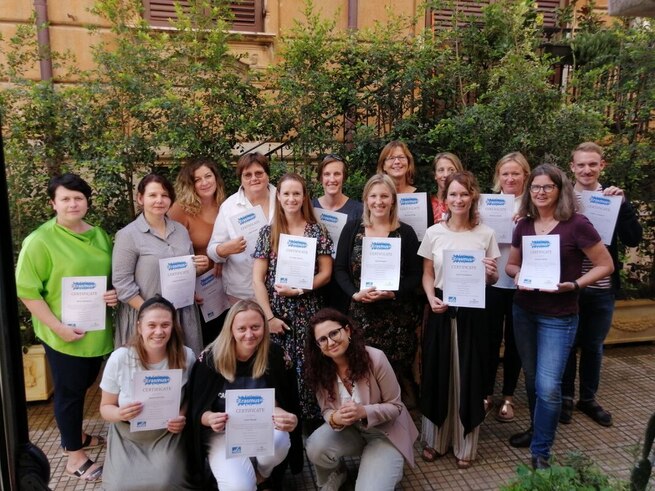
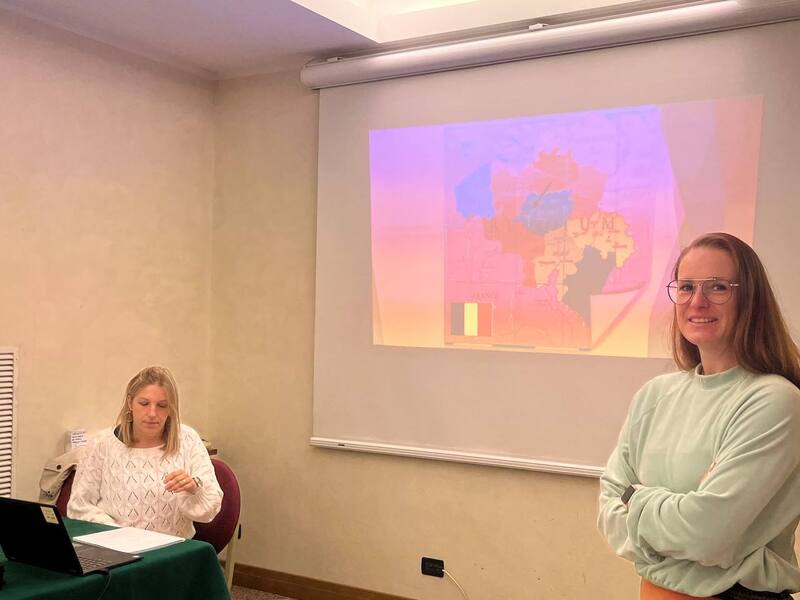
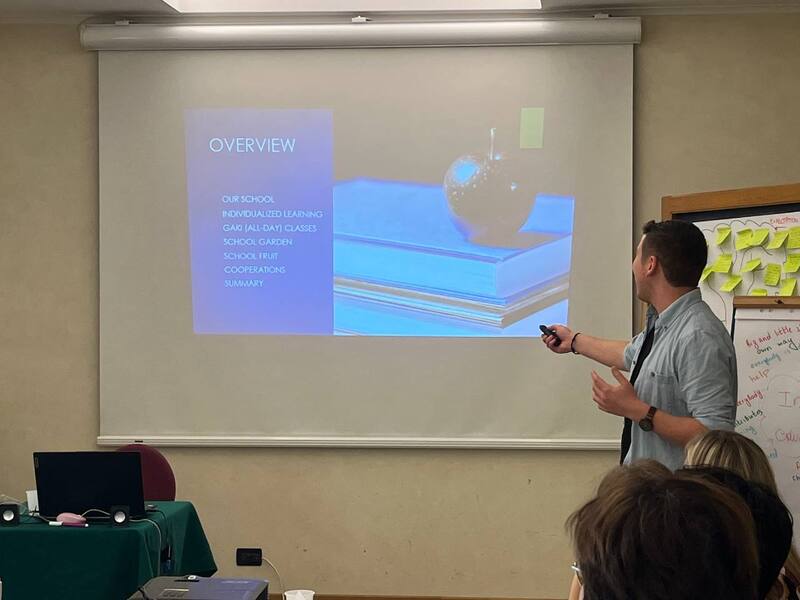
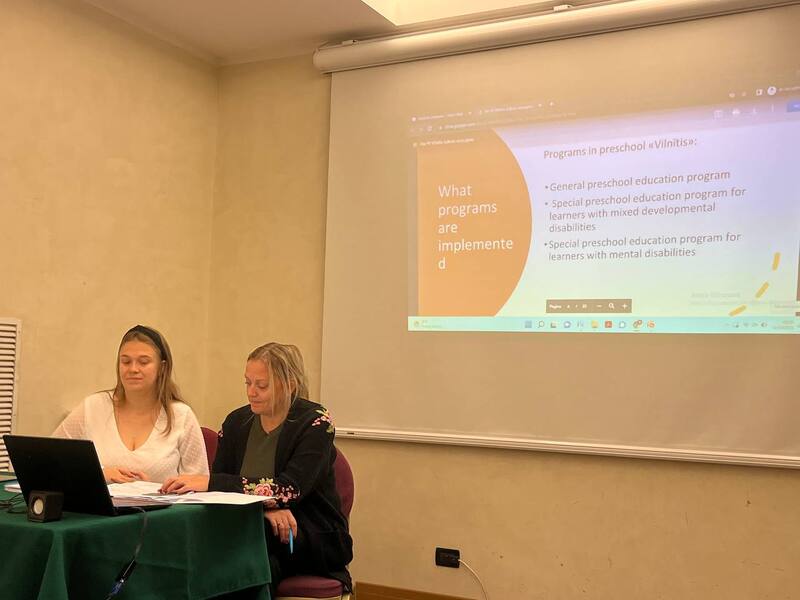
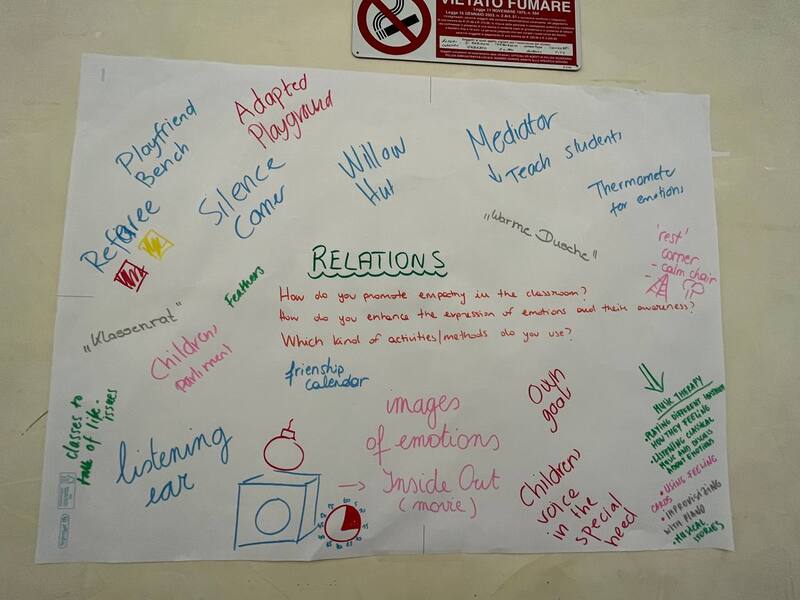
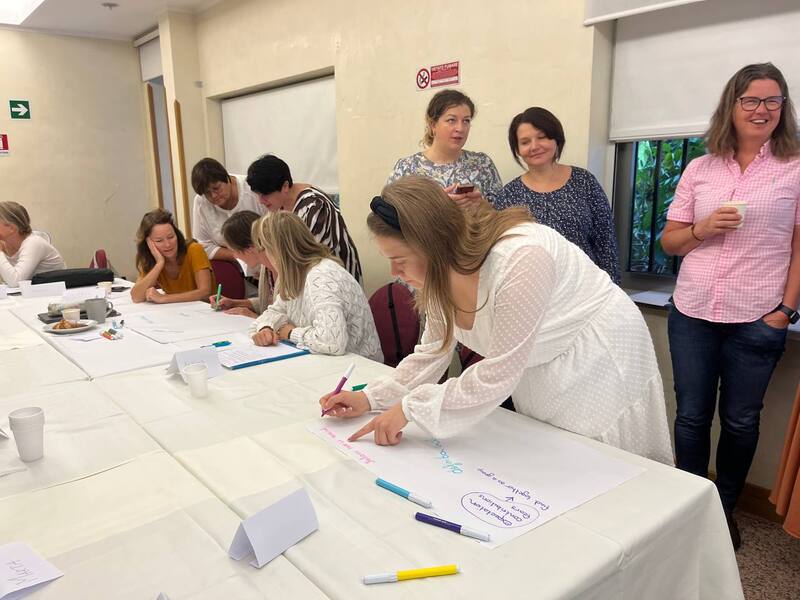
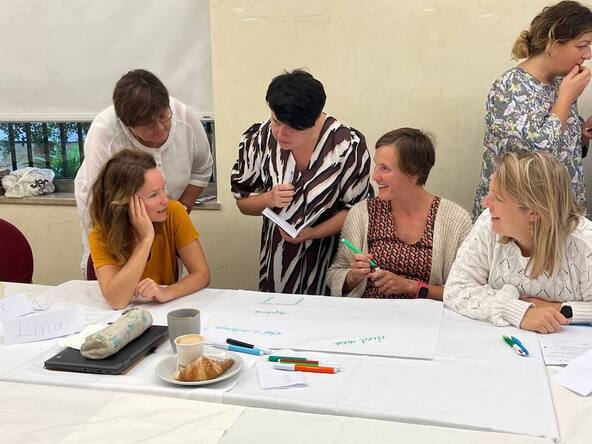
 RSS Feed
RSS Feed









